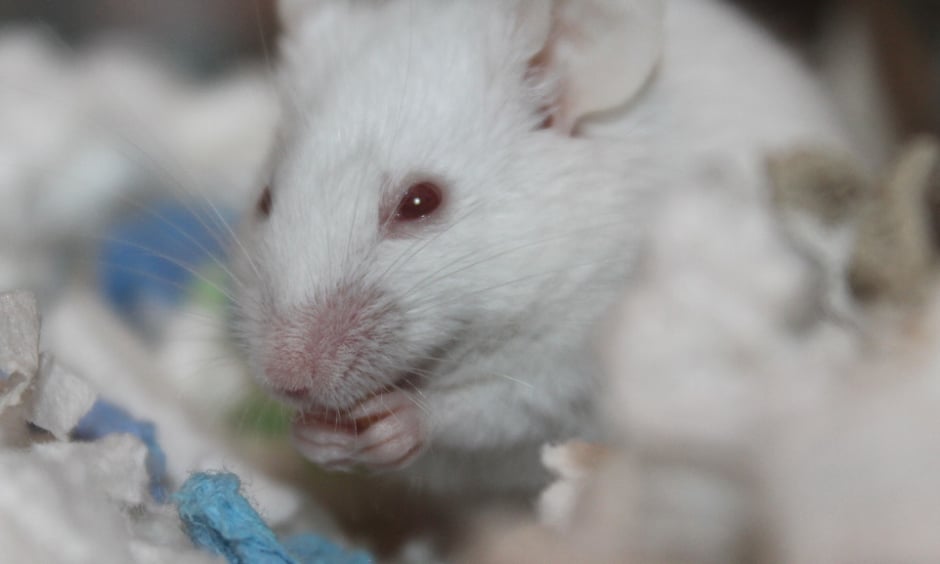A PERSON’S long-term health is directly affected by their father’s diet, a study from the University of Nottingham, Nottingham, UK has shown. The researchers found that a diet lacking in protein reduced sperm quality in male mice, leading to poorer long-term metabolic health in their offspring.
Advice to Fathers
The study has provided vital new insights into how health and wellbeing is influenced by paternal lifestyle factors, which could have implications for the advice given to couples planning a pregnancy.
“It is well understood that what a mother eats during pregnancy can affect the development and health of her child. As such, there is a lot of information available to women who want to become pregnant about the importance of a healthy lifestyle and good dietary choices both for their own health and that of their child,” commented Dr Adam Watkins, University of Nottingham, who led the study. “Interestingly, little, if any, advice is available for the father. Our research using mice shows that at the time of conception, the diet and wellbeing of the father influences the long-term growth and metabolic health of his offspring. Our study not only identifies what impact a poor paternal diet has on the health of his offspring but also starts to uncover how these effects are established.”
Effect on Sperm
The sperm produced by mice fed a low-protein diet had fewer chemical tags on their DNA that regulate gene expression than mice given a normal diet. In these mice, it was also observed that maternal uterine inflammatory and immunological responses, which are essential for a healthy pregnancy, were suppressed by the seminal plasma. The researchers therefore believe that both the genetic information passed on within the sperm at conception and the seminal plasma-primed maternal uterine environment in which the embryo will develop influence health outcomes in the offspring.
Prof Kevin Sinclair, University of Nottingham, said: “Our study shows that the composition of seminal plasma can be altered by a father’s diet, and that this can also influence offspring wellbeing.”
The study has built on previous research showing that sperm quality is poorer in men who are overweight, smoke, drink excessively, or have Type 2 diabetes.
James Coker, Reporter
For the source and further information about the study, click here.








